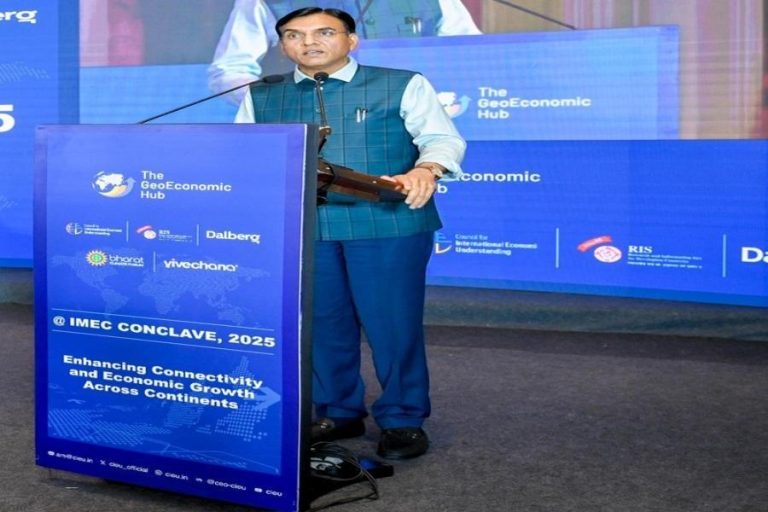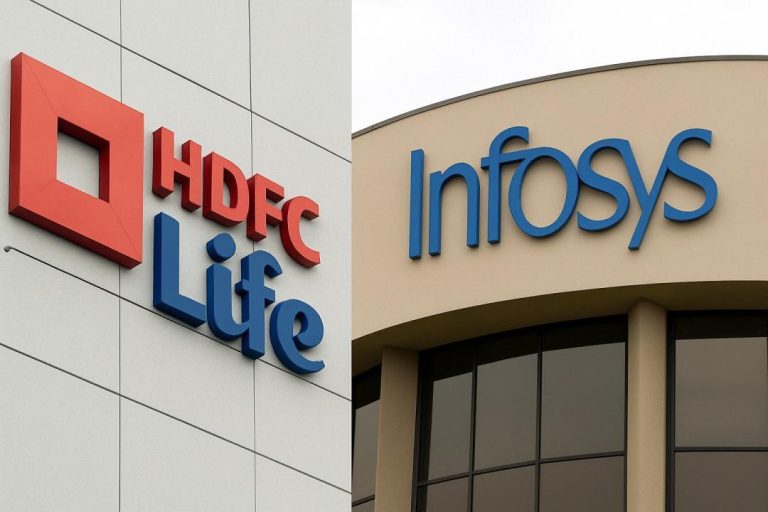
S&P Tumbles 6% as Global Sell-off Jolts Indian Markets
The global financial markets witnessed a chaotic day on Tuesday, with the S&P 500 plunging 6% to mark its worst day since March 2020. The sudden and sharp decline triggered a global sell-off, with Indian indices following suit. The Sensex tumbled over 2,200 points, while IT and pharma stocks bore the brunt of the selling pressure.
The Nasdaq, which is often considered a bellwether of the global tech industry, fell into bear territory, sparking concerns about a potential recession. Investors are bracing themselves for continued volatility across markets worldwide, as the global economic outlook darkens.
The US stock market has been under pressure for the past few days, with the S&P 500 declining by over 10% in the past week alone. The sell-off was triggered by concerns over rising inflation, higher interest rates, and a possible recession. The yield on the 10-year US Treasury bond rose to its highest level in over a year, further fueling the selling pressure.
The Indian market was not immune to the global sell-off, with the Sensex plummeting over 2,200 points to end the day at 50,338. The Nifty 50 also fell sharply, declining by over 700 points to end the day at 15,064.
The IT and pharma sectors, which are major contributors to India’s GDP, were among the worst-performing segments. The Nifty IT index fell by over 6%, while the Nifty Pharma index declined by over 5%. The selling pressure was led by stocks such as TCS, Infosys, and HCL Technologies, which are among the largest IT companies in the country.
The pharma sector also suffered losses, with stocks such as Sun Pharma, Dr. Reddy’s, and Cipla declining by over 5% each. The selling pressure was led by concerns over the impact of rising interest rates and inflation on the sector’s profitability.
The rupee also weakened against the US dollar, declining by over 1% to end the day at 76.35. The currency’s weakness was attributed to the global sell-off and the Reserve Bank of India’s (RBI) decision to keep interest rates unchanged.
The RBI’s decision to keep interest rates unchanged was seen as a surprise by many market analysts, as it was widely expected to cut interest rates to stimulate economic growth. The RBI’s decision to keep interest rates unchanged was seen as a sign that the central bank is more concerned about rising inflation than economic growth.
The global sell-off was triggered by a combination of factors, including rising inflation, higher interest rates, and concerns over a possible recession. The US Federal Reserve’s decision to raise interest rates in December, despite signs of slowing economic growth, was seen as a major trigger for the sell-off.
The global economic outlook is also darkening, with many countries including the US, China, and the Eurozone experiencing slowing economic growth. The IMF has warned of a possible global recession, citing the rise of protectionism, monetary policy tightening, and the impact of the COVID-19 pandemic on global trade.
In conclusion, the S&P 500’s 6% plunge is a major concern for investors worldwide, as it signals a possible global recession. The Indian market is also under pressure, with IT and pharma stocks bearing the brunt of the selling pressure. Investors are bracing themselves for continued volatility across markets worldwide, as the global economic outlook darkens.
Source: https://www.thecore.in/podcasts/us-stocks-whacked-for-the-third-day-833088






